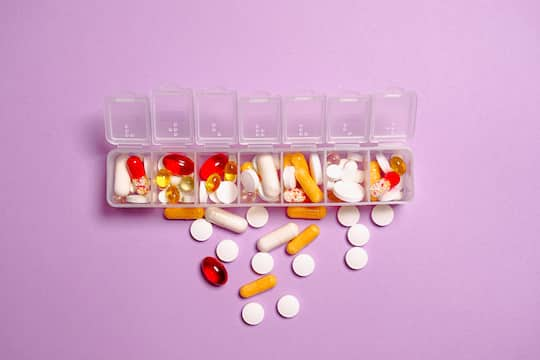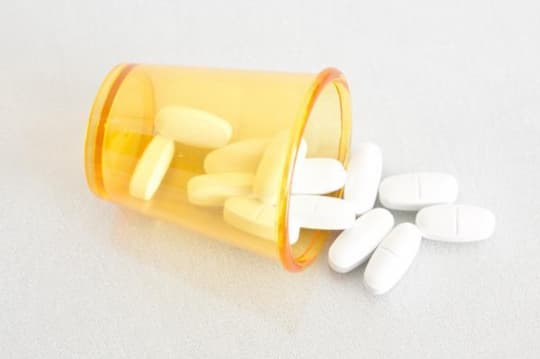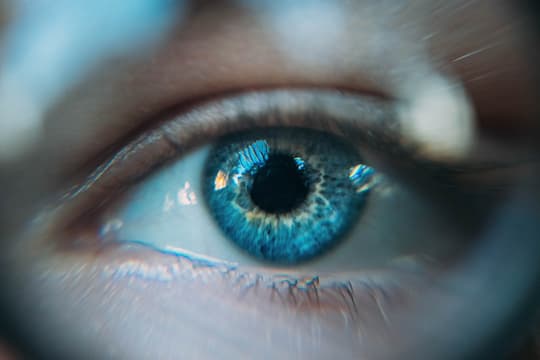Around one-in-eight people over 50 are low in vitamin B12 levels.
Poor memory, problems with thinking skills and even depression have all been linked to vitamin B12 deficiency.
Lack of vitamin B12 has also been linked to brain shrinkage with age.
People with higher vitamin B12 levels are six times less likely to suffer brain shrinkage, one study has found.
Vitamin B12 levels can be boosted through supplementation or by eating foods such as dairy, liver, salmon and eggs.
People who may have difficulty getting enough vitamin B12 include vegetarians, older people and those with some digestive disorders, such as Crohn’s disease.
Along with cognitive warnings, a physical sign of vitamin B12 deficiency is weakness in the muscles.
A review of the research has found that vitamin B12 is important in improving muscle strength and function.
A B12 deficiency, along with other dietary factors, can contribute to sarcopenia, which is the gradual loss of muscle mass.
Sarcopenia can lead to falls and increase the risk of bone fractures, as well as other injuries.
Professor Jean-Philippe Bonjour, study co-author, said:
“The most obvious intervention against sarcopenia is exercise in the form of resistance training.
However, adequate nutritional intake and an optimal dietary acid-base balance are also very important elements of any strategy to preserve muscle mass and strength during aging.”
Other dietary factors are also important in maintaining muscles with age.
Naturally, getting enough protein, the building blocks of muscle, is vital.
Similarly, vitamin D also plays a role in maintaining strength.
More fruits and vegetables in general are good for health and also for musculoskeletal health.
In contrast, high intakes of meat and cereal grains can increase acidity in the body, which is bad for the muscles.
Dr Ambrish Mithal, the study’s first author, said:
“Strategies to reduce the numbers of falls and fractures within our aging populations must include measures to prevent sarcopenia.
At present, the available evidence suggests that combining resistance training with optimal nutritional status has a synergistic effect in preventing and treating sarcopenia.”
The study was published in the journal Osteoporosis International (Mithal et al., 2012).









